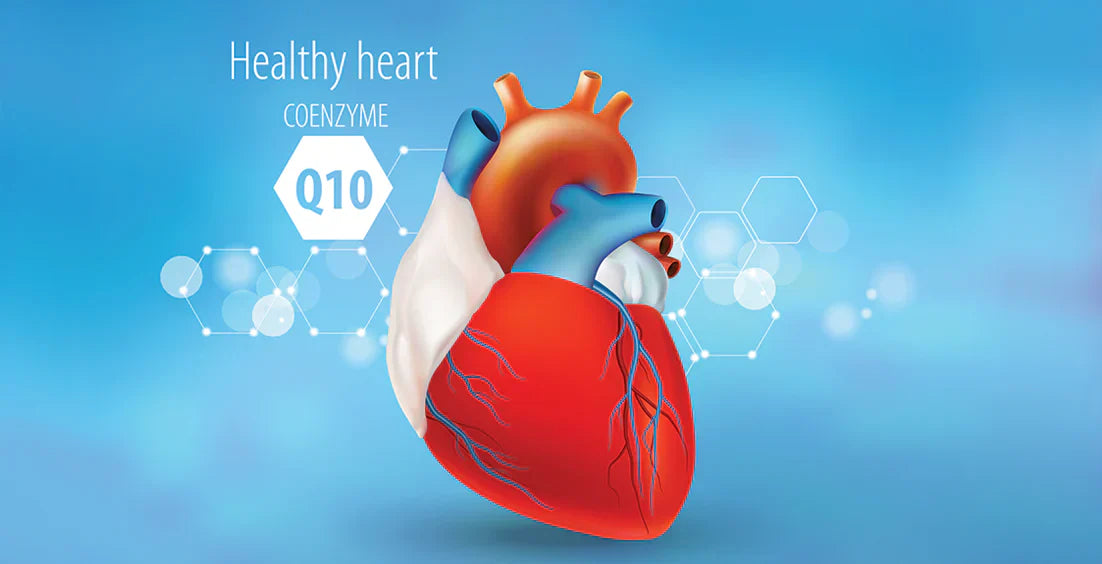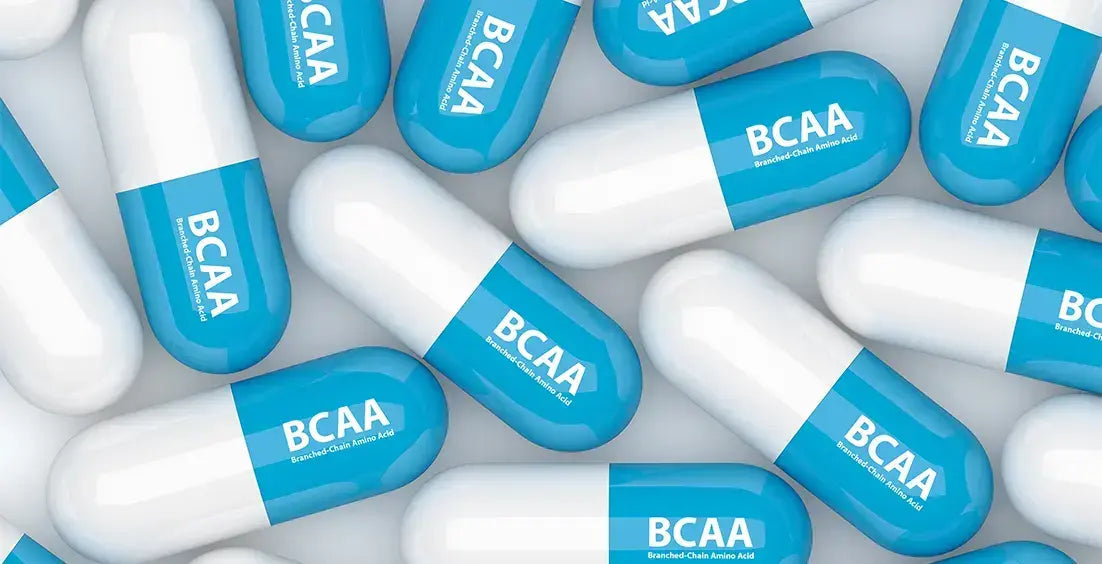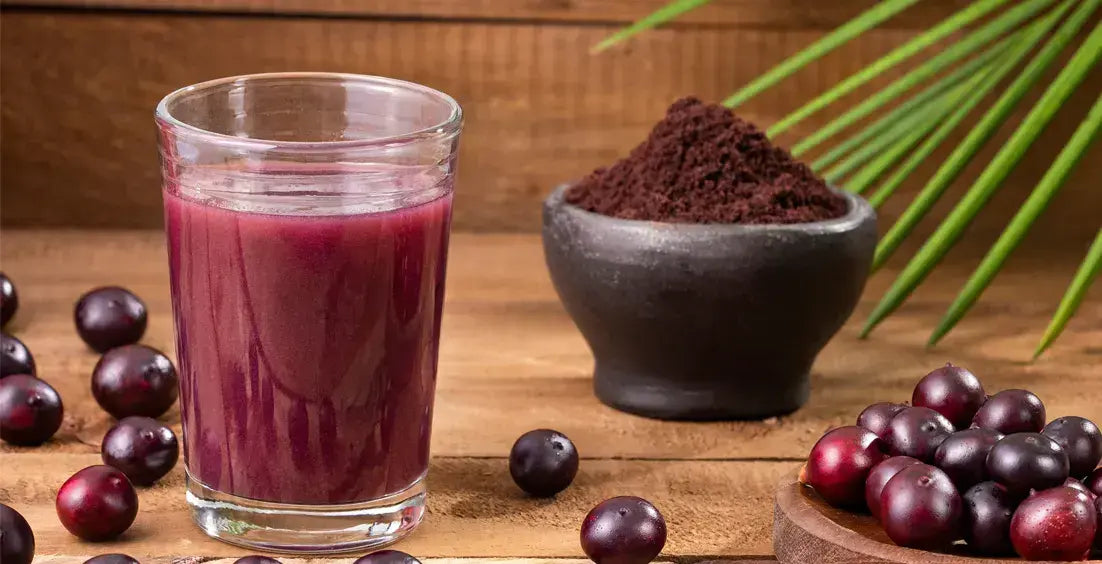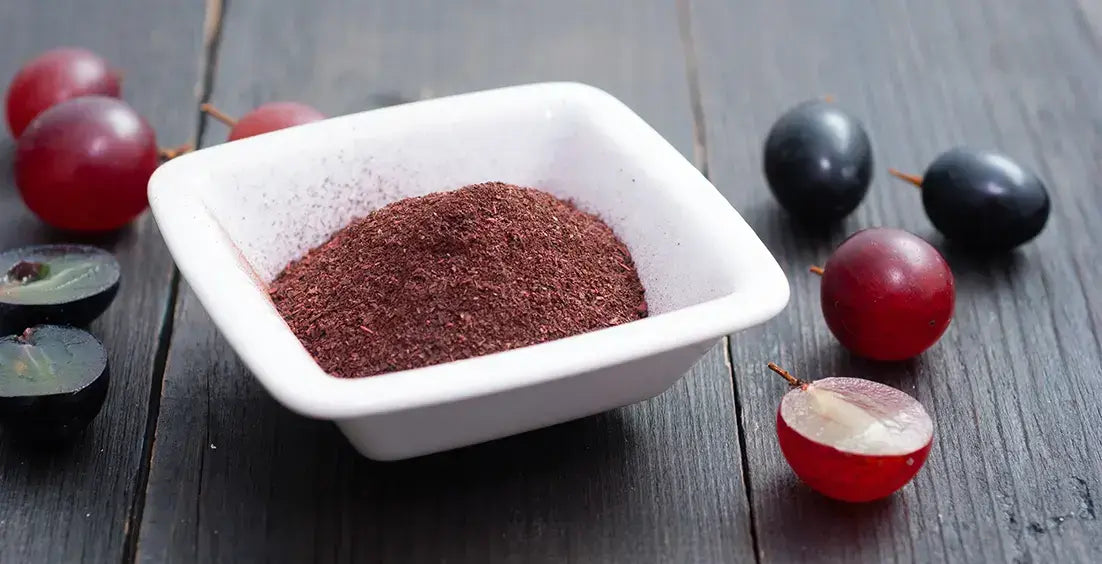Is CoQ10 Good For Your Heart?
Wondering how CoQ10 aids heart health? Our guide covers its role in improving cardiac function, reducing palpitations, & its use with medications.

Popular Stories
- Best Liquid B12 Supplement: Find out its Dosage & Health Benefits
- Best BCAA Supplements for Fat Loss and Muscle Retention
- Best Maca Root Supplement For Men’s Health, Hormones, & Well-Being
- Best Acai Berry Supplements: The Ultimate Buying Guide
- Spirulina Benefits for Women: Superfood for Skin & Hormones
- Best Foods for Weight Loss: Healthy Meal Options to Try
References
- Coenzyme Q10- https://www.mountsinai.org/health-library/supplement/coenzyme-q10
- Coenzyme Q10 supplementation – In ageing and disease- https://doi.org/10.1016/j.mad.2021.111521
- CoQ10: What are the Heart Health Benefits?- https://www.clevelandheartlab.com/blog/horizons-coq10-what-are-the-heart-health-benefits/
- Blood pressure lowering efficacy of coenzyme Q10 for primary hypertension - https://pmc.ncbi.nlm.nih.gov/articles/PMC6486033/
- Coenzyme Q10 Supplementation in Statin Treated Patients: A Double-Blinded Randomized Placebo-Controlled Trial - https://pmc.ncbi.nlm.nih.gov/articles/PMC9495827/
- Therapeutic potentials of superoxide dismutase - https://pmc.ncbi.nlm.nih.gov/articles/PMC5969776/
- The Use of Coenzyme Q10 in Cardiovascular Diseases - https://www.mdpi.com/2076-3921/10/5/755


 Skin Detoxification Bundle
Skin Detoxification Bundle Complete Weight Loss Bundle
Complete Weight Loss Bundle Heart Care Bundle
Heart Care Bundle Better Immunity Bundle
Better Immunity Bundle  Men's Immunity & Prostate Health Bundle
Men's Immunity & Prostate Health Bundle Stress + Energy + Wellness Combo
Stress + Energy + Wellness Combo  Energy Booster Combo
Energy Booster Combo Natural Skin Care Bundle
Natural Skin Care Bundle Workout Supplements Combo
Workout Supplements Combo Cognitive Health & Vision Combo
Cognitive Health & Vision Combo Joint Health Support Combo
Joint Health Support Combo





































